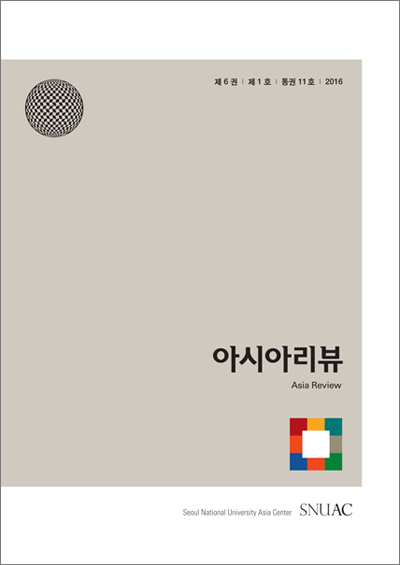In spite of the prominent role that farmers and agriculture had in defining the nationalist discourse of Korea, agricultural production and the quality of rural life has steadily deteriorated since the end of the 19th century. The rural population has declined steadily from 95.2% (1925) to 8.9% (2017-2018), with the exception of a recent increase to 11.2% (2019-2020). Koreans working in agriculture and livestock declined from 49.5% (1970) to 6.4% (2011), and only 16.9% (2018) of the land is dedicated to agriculture or grazing. The share of agriculture of Korea’s GDP has also decreased from 25.5% (1970) to 1.6% (2019) (Kwon et al., 1974; Park A., 2013; World Bank, 2021a, 2021b). The voiding of rural regions is exacerbated by the demographic trend in which 16 of 37 regions were predicted to become super-aged societies by 2020 (Kim et al., 2020). On average each farming household is 27.2 million krw ($23,200) in debt with no prospect of repaying the debt with income from off-farm jobs, or educational opportunities further widening the economic and social gaps between cities and villages. These statistics are the outcome of the modernization of Korea in which global economics and government policies privileged urbanization and heavy industry over the rural and agriculture in what is currently a high technology-based neoliberal economic system characterized by division and inequality.
The trend of increased ruralization reflects the disillusionment with the failed myth of modernization that sacrifices made in the name of modernization would bring future prosperity. At the same time, there is a desire for a more communal life as an increasing number of people are experiencing loneliness, isolation and disconnection from modern society by abandoning the high cost and stress of urban life in South Korea accompanied by a nostalgia or myth of the possibility of a “simpler” life in rural and agricultural areas (Park A. et al., 2021b). The Kwinong Movement is a nationwide member-supported organization of citizens that trains urban Koreans who are interested in “returning” to rural life as small farmers in ecological farming and countryside ways of life (Youn, 2019). Koreans are increasingly thinking and informing themselves about how to build an alternative to the stresses of urban life in rural areas.
The search for alternatives to the country’s history of global economics, government policies, and demographic trends that have left rural life in Korea in a socially and physically weakened state is also part of the history of modernization. A fresh reading of Korea’s modern history reveals, “layers of tension in modern Korean history between norms and counter-norms and authority and counter-authority and how these forms of tension have given way to fresh opportunities for protest and creation” and a “history has been pregnant with openings for humans and non-humans to build new pathways for social and ecological renewal, regardless of the power of hegemonic, top-down forces that try to control the direction of human and non-human worlds” (Park A., 2021b). Unveiled in this history of resistance to Korea’s modernization are the conditions and impetus for building an ecological order for social and physical renewal through a participatory process based on core values of diversity and reciprocity and strategies of decentralization and rural, agricultural and cultural development.

